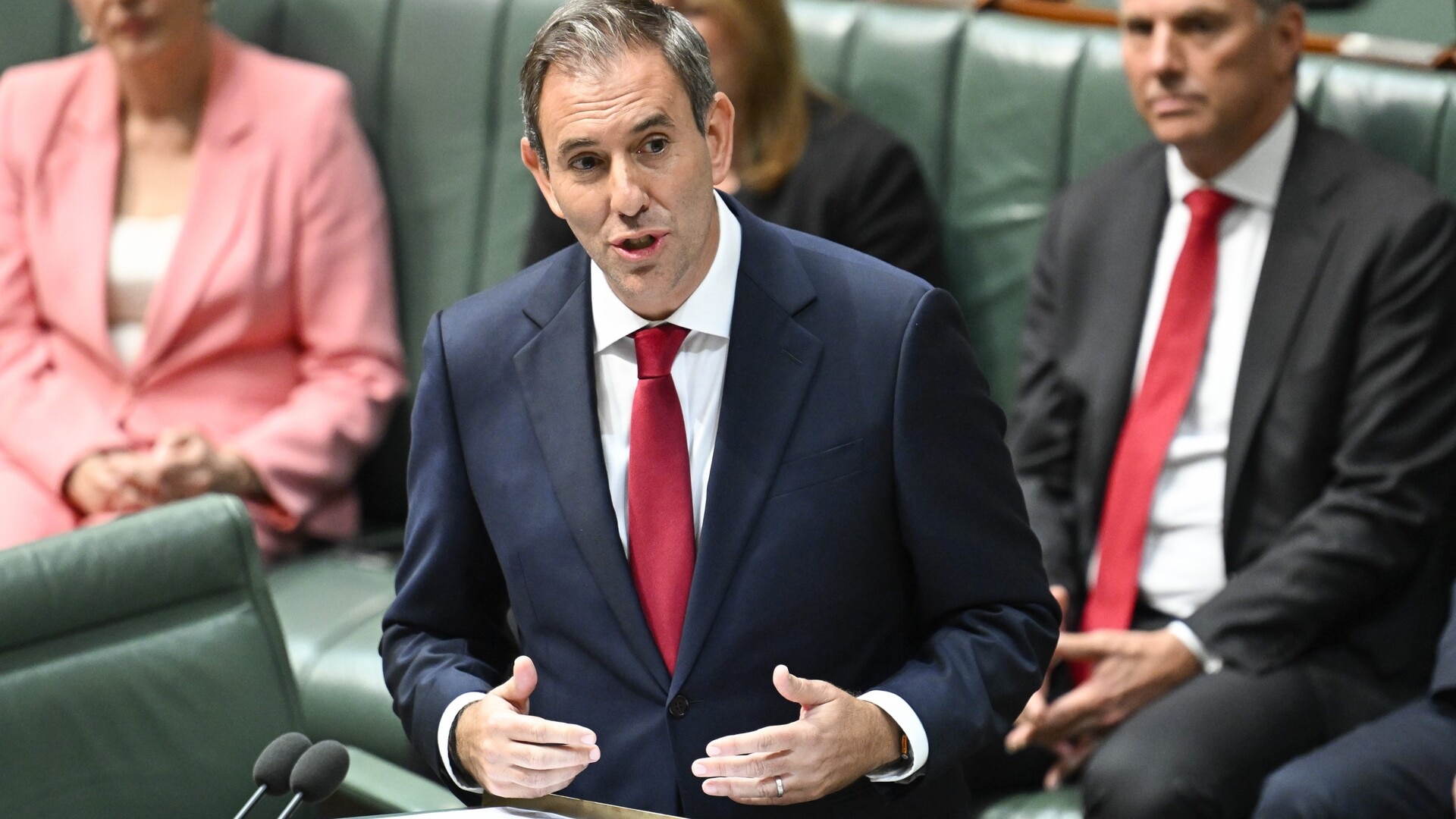
The ban, to apply from 2027 to workers earning up to $175,000 a year, is designed to stop employers using the clauses to restrict workers from switching jobs to better-paying work.
Many Australians would assume the clauses are exclusively an issue for high-income earners but Treasury’s competition review heard evidence of restrictions on low and middle-income earners, including minimum wage workers being sued by former bosses and workers being threatened with legal action if they switched jobs.
Employers argue such examples are outliers and a wider ban is overkill, but it does look unjust that, for example, hairdressers, childcare and construction workers can be captured by these clauses. The high-income threshold seems a sensible middle ground.
According to Michael Byrnes, partner at law firm Swaab, employees earning under $175,000 are unlikely to have had the access to confidential information and/or customer connections to support enforcement of the restraints in court.

“As such, the prohibition operating at that income level will largely replicate what would ultimately be decided in court, sparing the stress and expense of litigation,” he said.
Based on modelling, scrapping these anti-aspirational clauses will deliver wage rises of up to $2500 a year to affected workers on the average wage.
You might think it would be welcomed by grumpy, perennially dissatisfied free marketeers addicted to calling daily for industrial relations “reform”. According to one of their favourite institutions, the Productivity Commission, the ban could lift productivity, reduce inflation and improve GDP by $5bn.
In this modern age, where workers are grappling with cost-of-living pressures and technological advances, there is a logic to allowing them to be free to pursue jobs with higher pay. If a prospective employer wants to offer a worker a better-remunerated position, it’s likely because the employee has the skills and aptitude that company wants, and will pay for them.
Their old boss should not be able to handcuff them to a workplace they want to leave.
That’s a recipe for an unproductive, even toxic, workplace, and even the most strident employer lobbyist should acknowledge that outcome would be in no one’s interests, let alone a country that supposedly still champions the fair go.







Labor’s non-compete clause ban represents significant, pragmatic reform that will help drive up the wages of low to middle-income earners while overhauling provisions that don’t appear to pass the proverbial pub test.